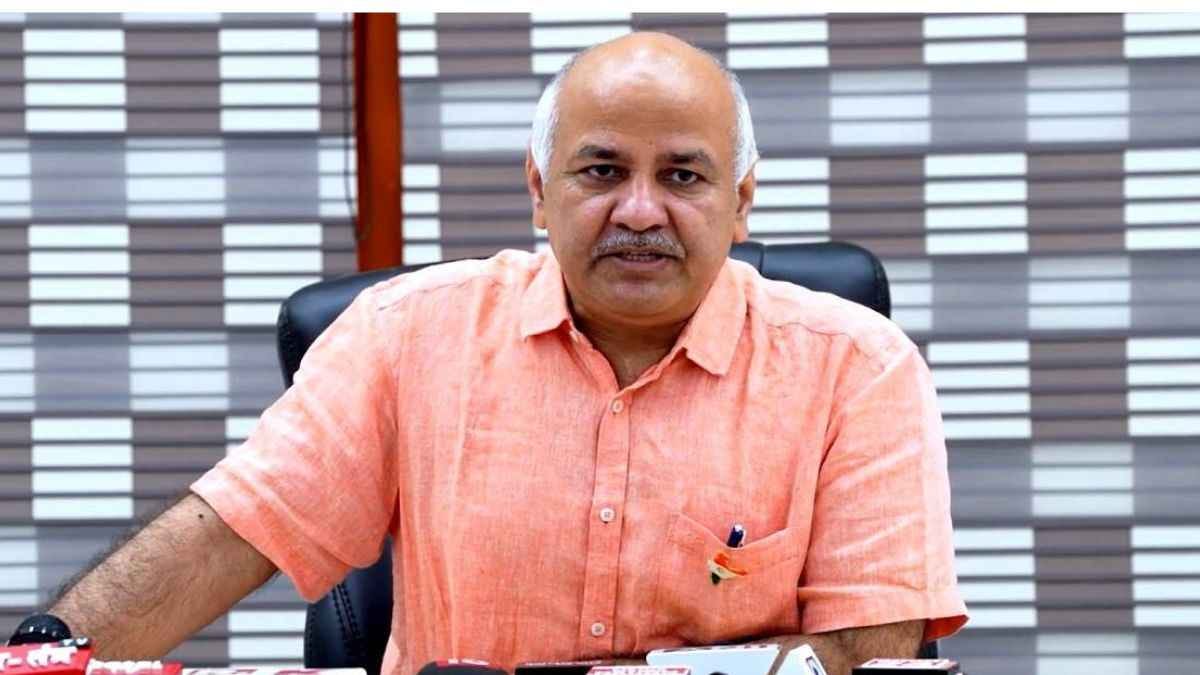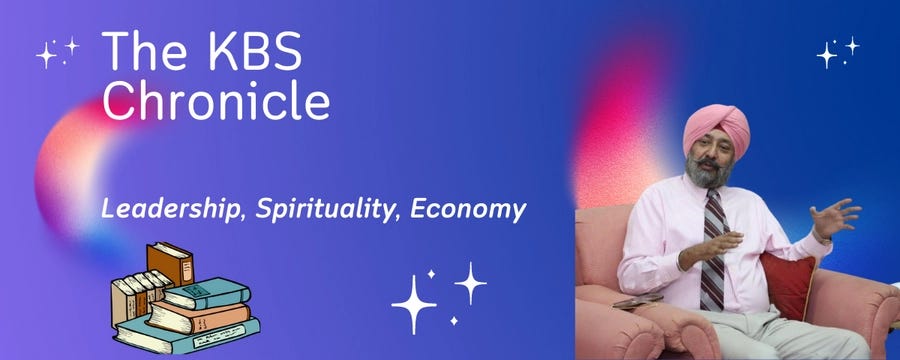Manish Sisodia's Bail Applications in CBI and ED Cases Rejected by Delhi High Court
Manish Sisodia's Bail Applications in CBI and ED Delhi Liquor Excise Cases Rejected By Delhi High Court: Implications and Future Challenges.
Introduction
The Delhi High Court today (Tuesday, 21st May, 2024) rejected the bail applications filed by Manish Sisodia, former Deputy Chief Minister of Delhi and Aam Aadmi Party (AAP) leader, in the twin cases being investigated by the CBI and ED related to the alleged Delhi Liquor policy scam. These judgements highlight serious allegations of corruption and misuse of power, adding complexity to Sisodia's legal battles and casting a shadow over the Aam Admi Party's leadership as it navigates the ongoing Lok Sabha elections, which are poised to enter into the final two of the seven phases.
Delhi High Court's Observations
These are the second regular bail pleas filed by Sisodia in cases registered by the Central Bureau of Investigation (CBI) and the Enforcement Directorate (ED) that have been rejected by the Delhi High Court. Justice Swarana Kanta Sharma pointed to a grave misuse of power and breach of public trust by Sisodia, emphasizing that the AAP leader manipulated the excise policy formulation for personal gain. The High Court noted that Sisodia fabricated public feedback and deviated from expert committee recommendations, compromising the integrity of the decision-making process.
Background of the Supreme Court Order of 30th October
The latest decision of the Delhi High Court follows the Supreme Court's earlier order dated 30 October, where the Apex Court had refused to grant bail to Sisodia. The Supreme Court had emphasized the gravity of the allegations, including misuse of power and breach of public trust in the liquor policy scam. It had noted that the evidence presented by the CBI and ED indicated a prima facie case of corruption and money laundering, justifying Sisodia's continued detention. The Apex Court had, however, highlighted the necessity for an expeditious trial to ensure a fair judicial process, given the case's high-profile nature and its impact on public trust. The Supreme Court had directed that the trial should conclude within 6 to 8 months, allowing Sisodia to reapply for bail in three months if delays occur.
Key Issues Highlighted
The Delhi High Court identified several key issues in its denial of bail:
Failure to Produce Evidence: Sisodia's inability to produce two phones purportedly used in the case, which he claimed were damaged, raised suspicions of tampering with evidence.
Influence and Power: Given his influential position, holding 18 ministries, the Court expressed concerns about Sisodia potentially influencing witnesses, many of whom are public servants.
Prima Facie Case of Money Laundering: The Court acknowledged a prima facie case against Sisodia under the Prevention of Money Laundering Act (PMLA), further justifying the denial of bail.
Legal and Political Ramifications
While the High Court's observations in bail proceedings do not, strictly speaking, bind the trial court in the final trial, they set a challenging precedent for Sisodia. The trial court must independently evaluate the facts, but the High Court's detailed critique of Sisodia's actions cannot be easily dismissed. This scenario increases the difficulty for Sisodia in future legal manoeuvres, especially in obtaining bail, from the Apex Court.
Arvind Kejriwal's Predicament
Simultaneously, Delhi Chief Minister Arvind Kejriwal is on interim bail until 2nd June 2024, under orders from the Supreme Court, pending a final decision on the legality of his arrest by the Apex Court. Although this judgment is not strictly applicable to Kejriwal, the observations made by the Delhi High Court in Sisodia’s case could somewhat impact his future bail applications, in the event the Supreme Court does not hold his arrest by the ED as illegal. The intertwining legal troubles of Sisodia and Kejriwal add a layer of uncertainty to AAP's electoral prospects and leadership stability.
Summing Up and Looking Forward
The Delhi High Court's decisions in Sisodia's cases underscore the gravity of the allegations and the judicial system's stance on corruption and abuse of power. While these observations in bail proceedings do not constrain the trial court, at the stage of the actual trial, they do foretell increased legal challenges for Sisodia. It must, however, be accentuated that all these proceedings are in the nature of bail applications and ancillary matters, and the denial of bail is not equivalent to a pronouncement of a guilty verdict. Conversely, the granting of bail, pending investigation or trial, does not mean acquittal. Additionally, there is a need to expedite trials in all these cases, as it is an integral part of the due process of law. The Supreme Court has recently ruled that if an accused has spent more than half of the maximum punishment stipulated by law for any offence, including those under the PMLA, 2002, bail is almost a matter of right.
As the Lok Sabha election campaign reaches its peak, the unfolding legal events will be critical for both Sisodia and Kejriwal. Their outcomes will not only influence their political careers but also shape the broader perception of AAP's governance and integrity. The coming weeks and months will be pivotal as these leaders navigate their legal challenges amidst a high-stakes electoral battle. The intertwining legal troubles add a layer of uncertainty to AAP's electoral prospects and leadership stability, making the resolution of these cases crucial for the party's future. This urgency is further heightened by the recent referral by the ED of a separate matter to the CBI, concerning alleged violations by AAP under the Foreign Contribution (Regulation) Act (FCRA) for accepting overseas donations since 2014 in contravention of the law. The resolution of these cases will be essential for AAP as it strives to maintain its political standing and credibility.



